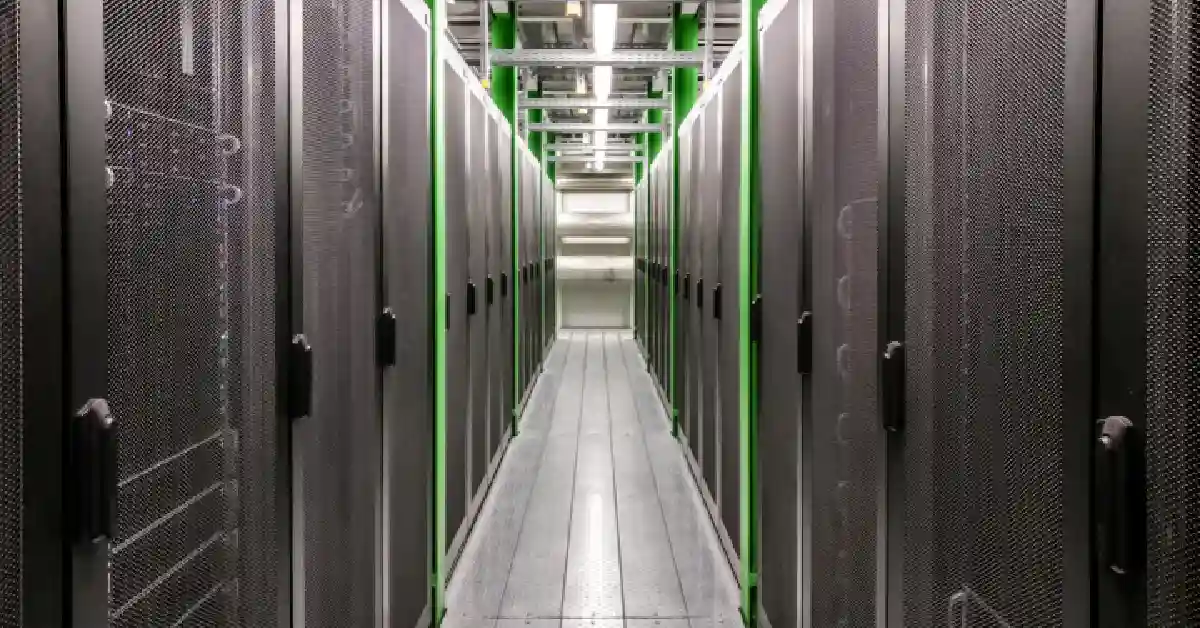Subtotal ₹0.00
In a strategic push to reinvent its digital infrastructure business, state-run Bharat Sanchar Nigam Limited (BSNL) has opened its data centre network to private players, startups, and entrepreneurs under a new revenue-sharing partnership policy.
The initiative marks a major shift in BSNL’s business model, enabling private data centre operators to host government and enterprise workloads under the BSNL brand, while jointly tapping into India’s fast-growing cloud and edge computing market, according to a report by The Financial Express.
“Our policy encourages collaboration with Indian data centre operators so that domestic capacity is fully leveraged and utilized”, Papa Sudhakara Rao, director (enterprise), BSNL, said at the Data Centre India conference.
BSNL has revamped its decade-old data centre business, which serves over 200 government and enterprise clients, by transferring operations into newly created subsidiary. The firm’s major data centres, earlier CPU-based, have now been upgraded to AI-integrated GPU infrastructure, forming part of what officials call a sovereign cloud.
“Our sovereign cloud ensures that data resides within India’s legal jurisdiction. We’re also building post-quantum cybersecurity safeguards to prepare for future threats,” Rao said.
To cater to growing demand for low-latency and time-sensitive workloads, BSNL has introduced a Micro and Edge Data Centre Policy for startups and smaller service providers. Under the plan, BSNL will offer space, power, and bandwidth support to partners establishing micro or edge data centres across its 70,000 stations nationwide.
Edge and micro data centers are compact, modular data centers located near the source of data generation to reduce latency.
“We’ve already signed agreements with multiple startups,” Rao said, adding that the rollout began in Hyderabad expanding to tier-2 cities like Guwahati and beyond.
The policy includes plug-and-play and prepaid cloud subscription models for MSMEs and retail users allowing small firms to host cloud workstations and micro data setups without major capital investment.
The country’s operational data centre capacity of 1.4 GW is set to double by 2027 and could increase fivefold by 2030, as per a recent Macquarie report.
“India currently has around 150 data centres with an average 2.3 MW per million users-compared to 41 MW in the U.S.,” Jitendra Garg, ITS, PGM (BTCL) head, BSNL Corporate Office, said. “
The official added the company is pursuing green, energy-efficient facilities to ensure long-term sustainability.
“We’re encouraging efficient cooling systems, renewable integration, and sustainable design to make our data centres future-ready,” he said.
The new policy is expected to accelerate data localization, cloud adoption, and edge computing growth, officials added.














